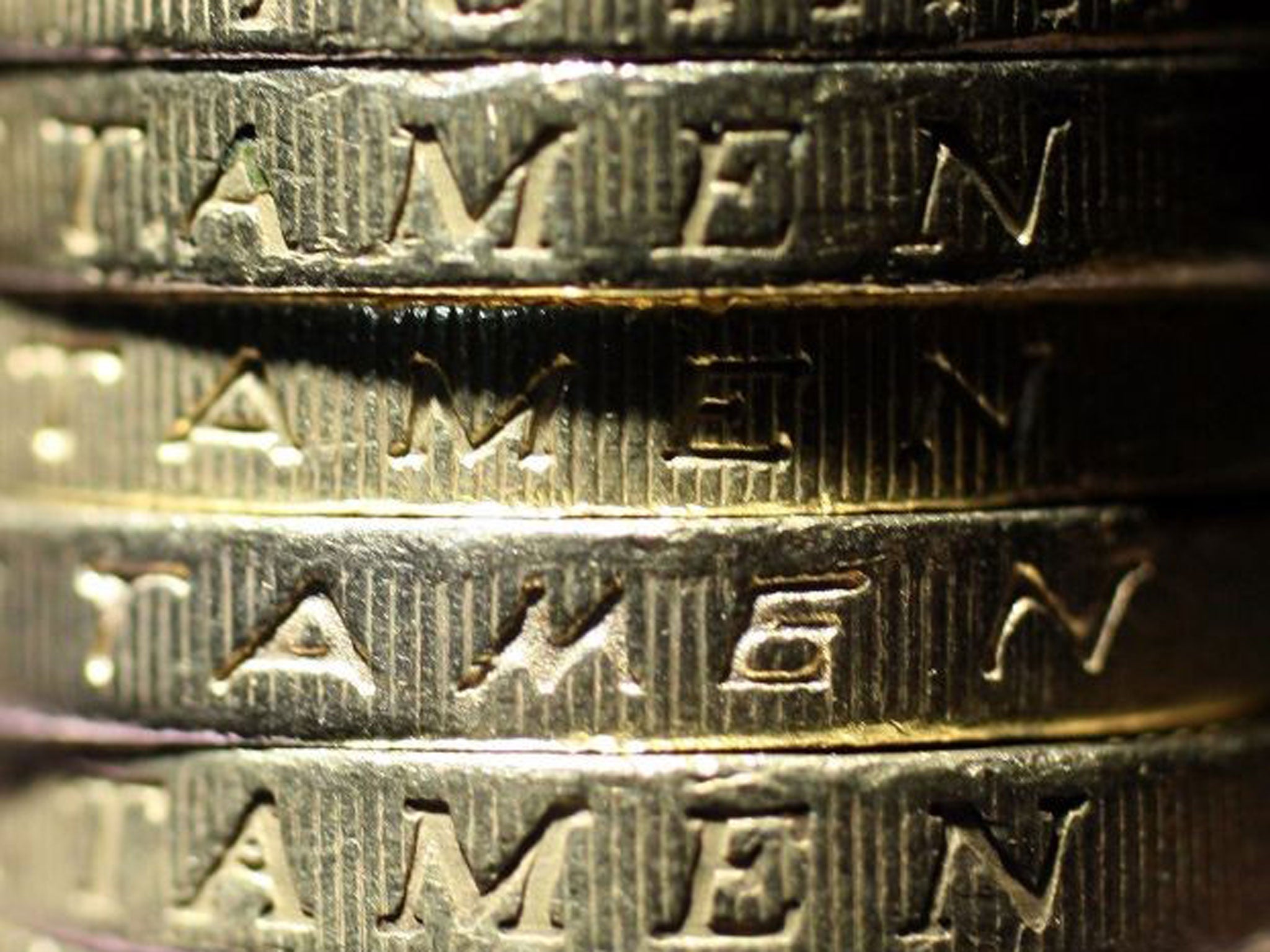A £10,000 pay rise for MPs? Good – they deserve it
Inside Westminster: The fact is that many MPs could earn a lot more in the private sector


Your support helps us to tell the story
From reproductive rights to climate change to Big Tech, The Independent is on the ground when the story is developing. Whether it's investigating the financials of Elon Musk's pro-Trump PAC or producing our latest documentary, 'The A Word', which shines a light on the American women fighting for reproductive rights, we know how important it is to parse out the facts from the messaging.
At such a critical moment in US history, we need reporters on the ground. Your donation allows us to keep sending journalists to speak to both sides of the story.
The Independent is trusted by Americans across the entire political spectrum. And unlike many other quality news outlets, we choose not to lock Americans out of our reporting and analysis with paywalls. We believe quality journalism should be available to everyone, paid for by those who can afford it.
Your support makes all the difference.“It is important to be sure that what MPs provide for themselves can be defended to the general public,” the Prime Minister said. It wasn’t David Cameron. It was Margaret Thatcher, during an anguished ministerial discussion about MPs’ pay and expenses almost 30 years ago.
Nothing has changed. Even handing decisions on MPs’ salaries to the Independent Parliamentary Standards Authority (Ipsa) after the 2009 expenses scandal has not detoxified the issue. It seemed a good plan but its limitations have been shown this week.
Ipsa will shortly recommend a huge one-off rise in the MPs’ £66,396-a-year salary, possibly by as much as £10,000, to take effect after the 2015 general election. Sir Ian Kennedy, its feisty chairman, will set out his thinking tomorrow in a speech entitled “You get what you pay for: trust and remuneration in Westminster”.
When public and private sector workers feel their pay packets squeezed, party leaders know it would be very difficult to justify a thumping increase for MPs. They judge that they can’t hide behind Ipsa. When there’s a crisis in our hospitals, Joe Public doesn’t demand an explanation from the operations directorate of NHS England; he wants to know what the Government is doing about it.
So blaming Ipsa for an inflation-busting pay rise for MPs was never going to wash. Yet there was something rather cowardly about the way the three main party leaders responded. Ed Miliband, followed by David Cameron and then Nick Clegg, could not resist the temptation to play party politics and signal their opposition to the Ipsa proposals.
I suppose none of them wanted to be left defending Ipsa’s right to decide the rate for the job while the other leaders grabbed a cheap headline by attacking the proposed increase. You can’t keep the politics out of politics.
The leaders’ criticism has infuriated backbench MPs across the spectrum. Many of them had urged Ipsa to recommend a big rise and want to take the money rather than block the increase through legislation or send it back. There was an angry private meeting of the Parliamentary Labour Party on Monday night, at which several MPs demanded: “What the hell was the point of handing decisions on pay to Ipsa if we don’t accept its findings?”
Many Conservatives feel the same. Only a few MPs dare to peek above the parapet, knowing the media has long moved from healthy scepticism to unhealthy cynicism about politicians, and loves to portray them as having their snouts in the trough.
At one level, the MPs have only themselves – and their expenses claims – to blame. But there is another side to this story. In the 1970s, MPs were ordered by party whips and encouraged by Commons officials to claim their allowances to the full as a substitute for pay rises. That was when the seeds of the expenses scandal were sown. Even in good economic times, there was never a good moment to jack up MPs’ pay.
Other reforms since the expenses controversy have helped to remove the stain left by a few bad apples who gave the whole system a bad name. There are no taxpayer-funded mortgages now, even though many MPs need both a London and a constituency base. Many stay in relatively modest hotels or commute like the rest of us – and quite right too. In my experience, MPs work harder than they did in the 1970s, especially in their constituencies. Another good thing. When the average wage is £26,000, we shouldn’t feel sorry for a public servant on £66,000. Yet the title of Sir Ian’s speech raises a real issue about the calibre of our MPs: we will get what we pay for.
The fact is that many MPs could earn a lot more in the private sector. The very bright bunch of 148 Tories elected for the first time in 2010 are a good example. Several underestimated the public vilification, invasion of family privacy and financial sacrifice of being an MP and may stand down after only one term. That would be a pity.
The party leaders should find the courage to stand together for the sake of our democracy and implement Ipsa’s proposals.
Join our commenting forum
Join thought-provoking conversations, follow other Independent readers and see their replies
Comments